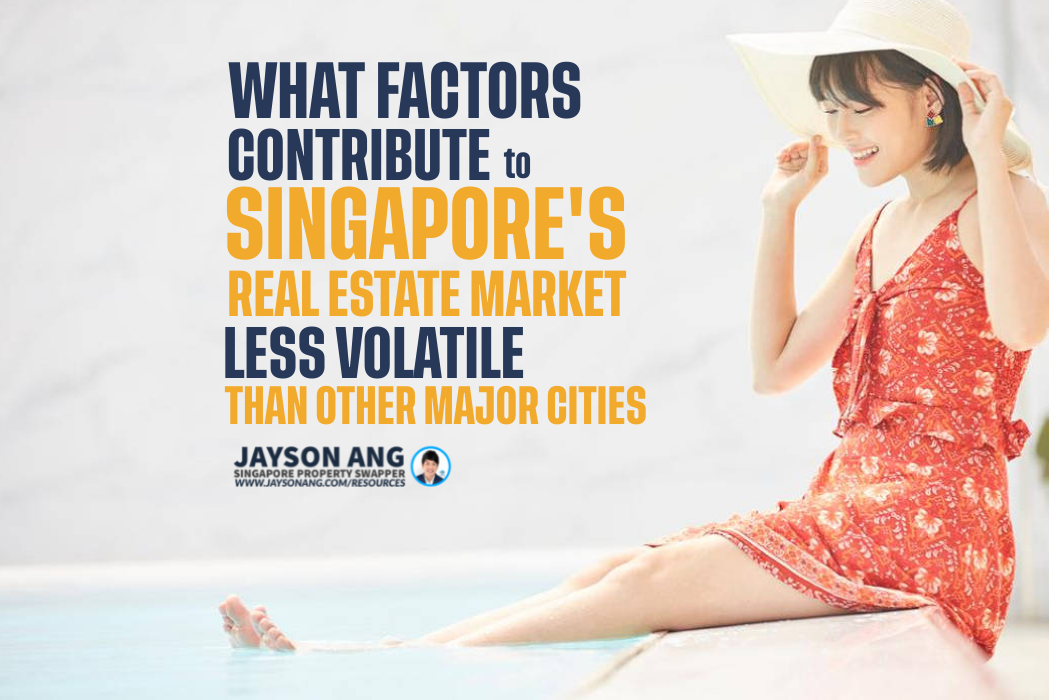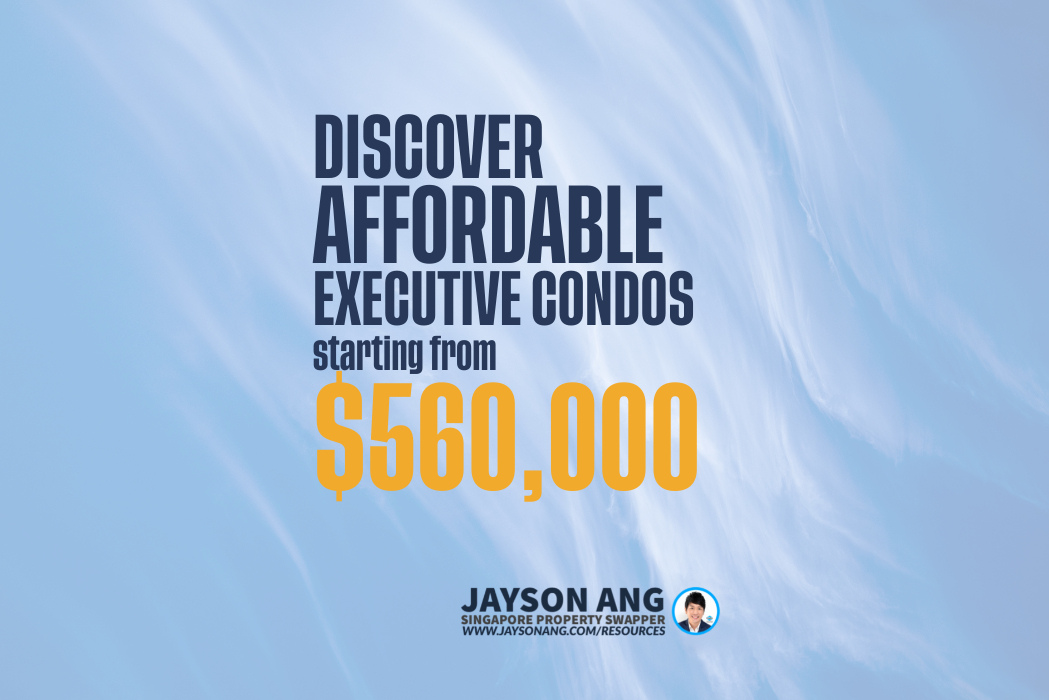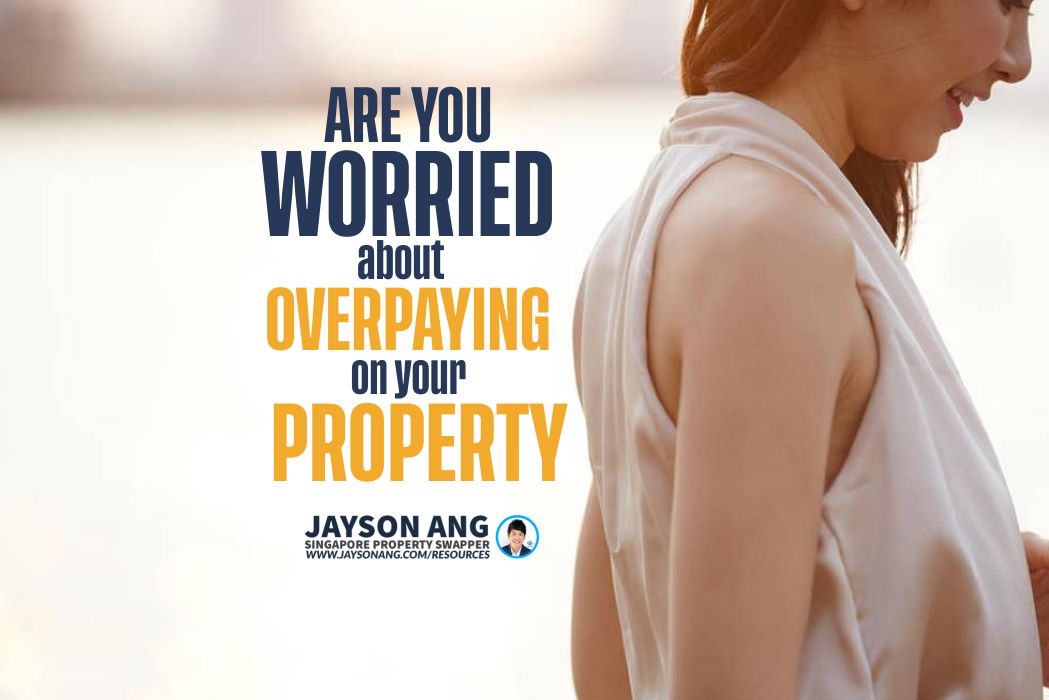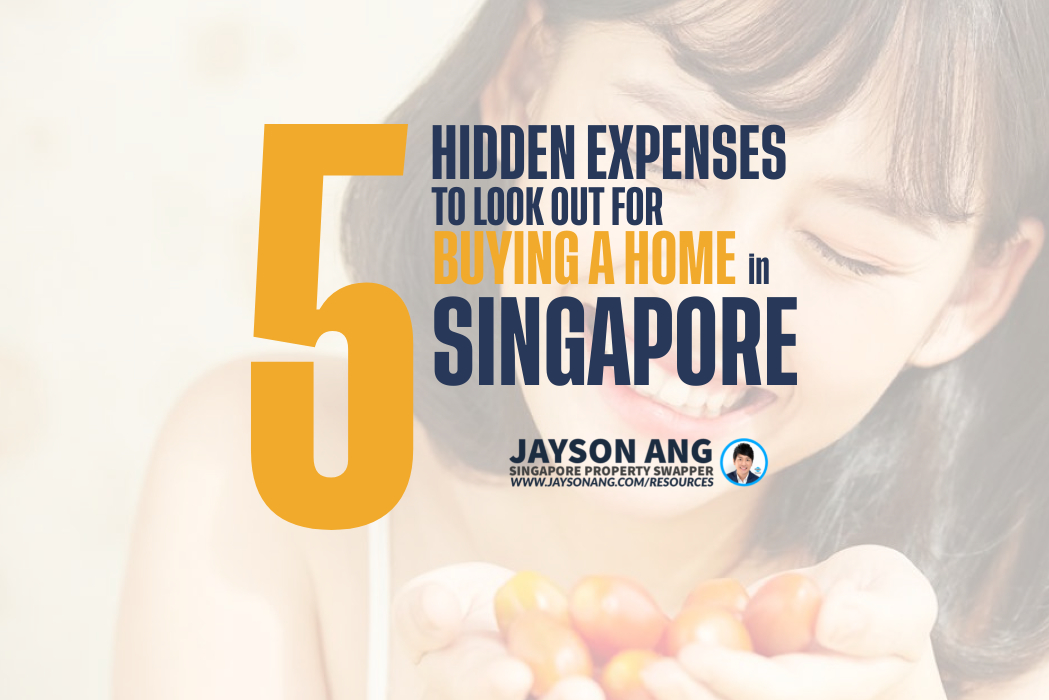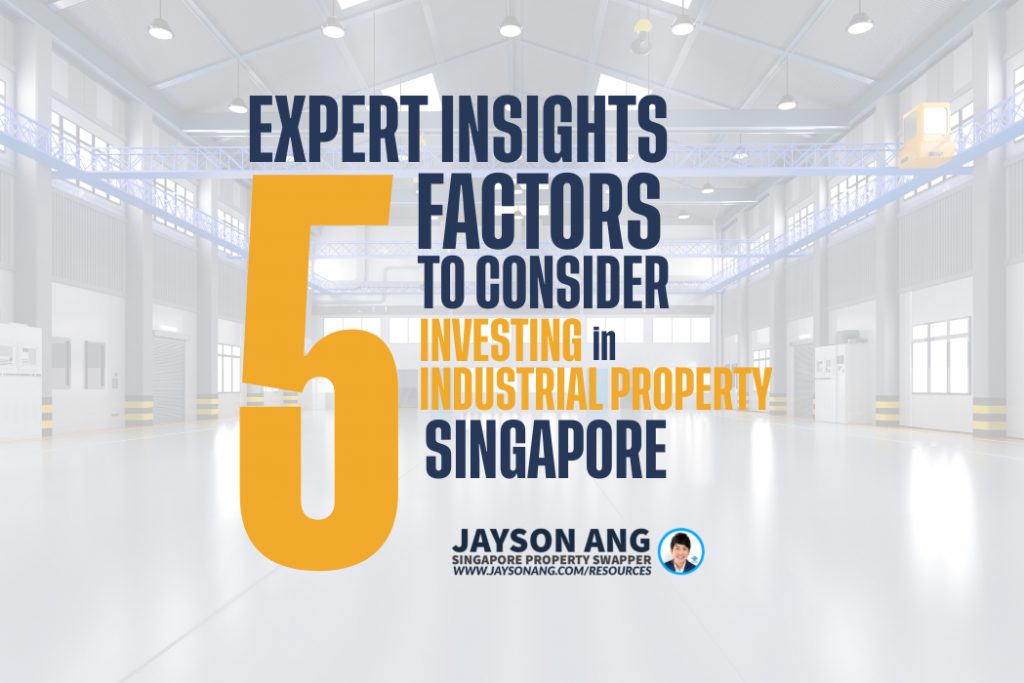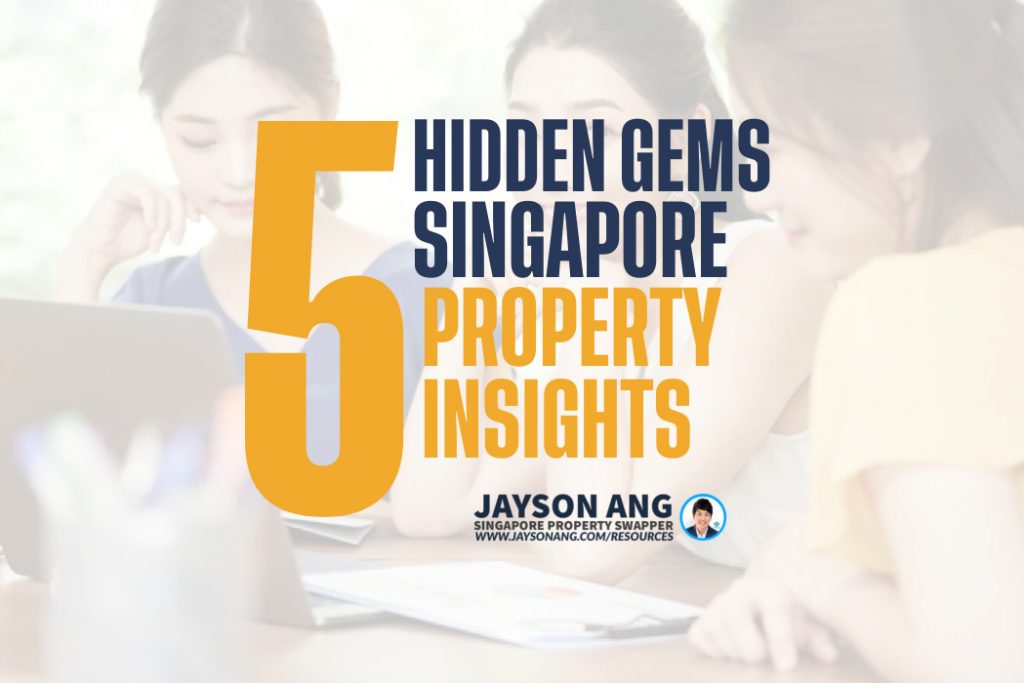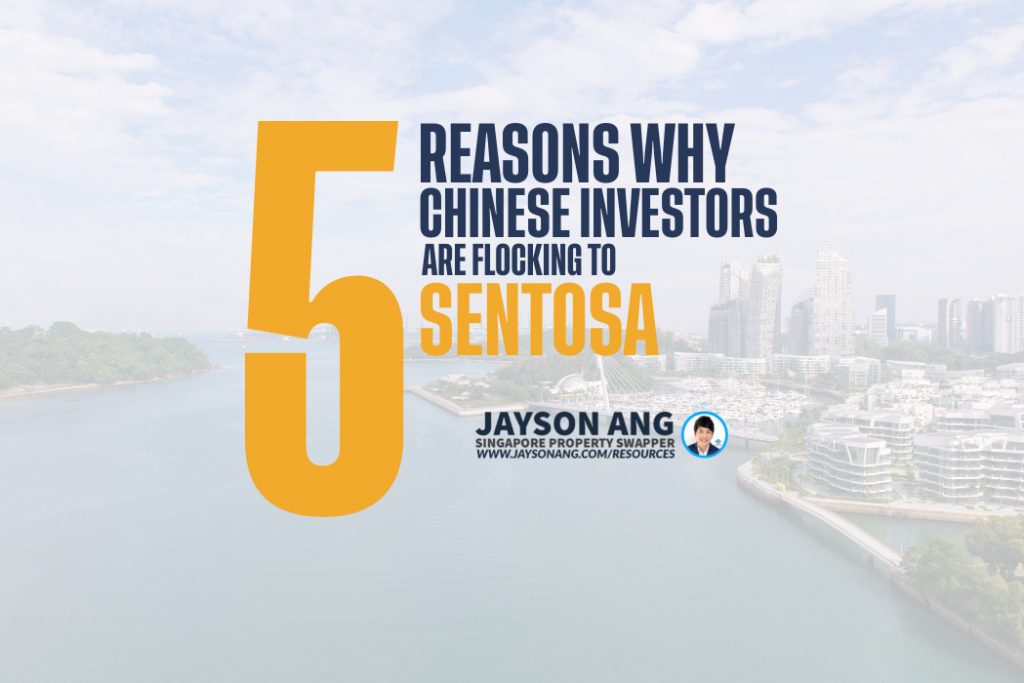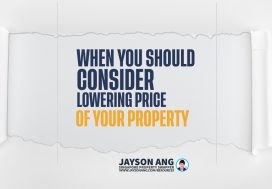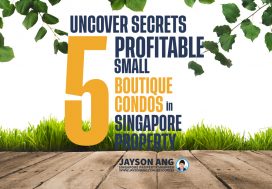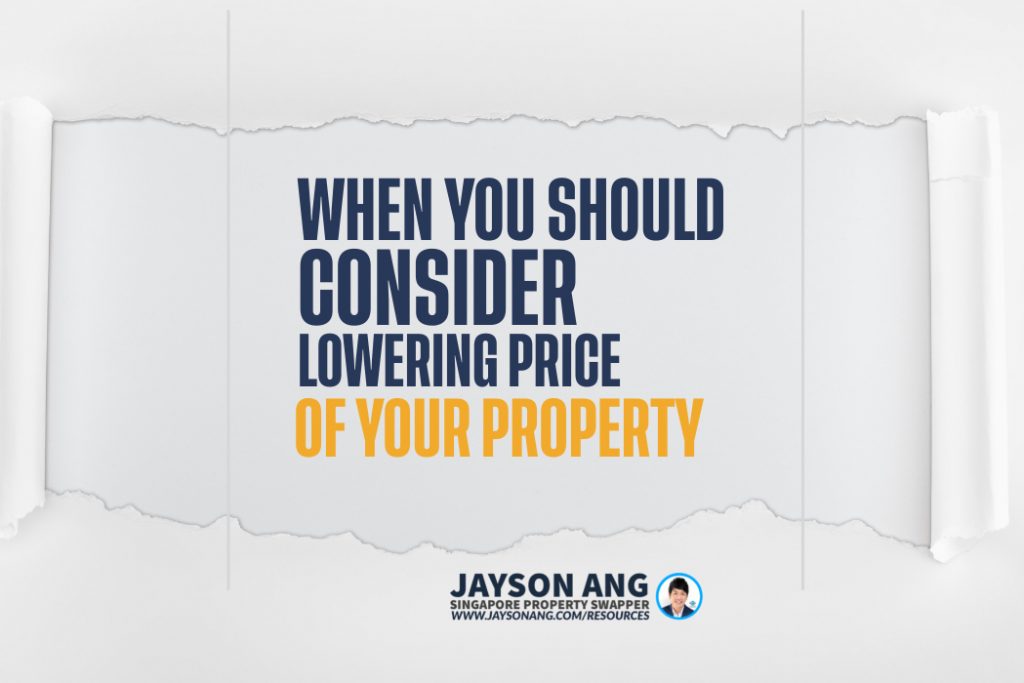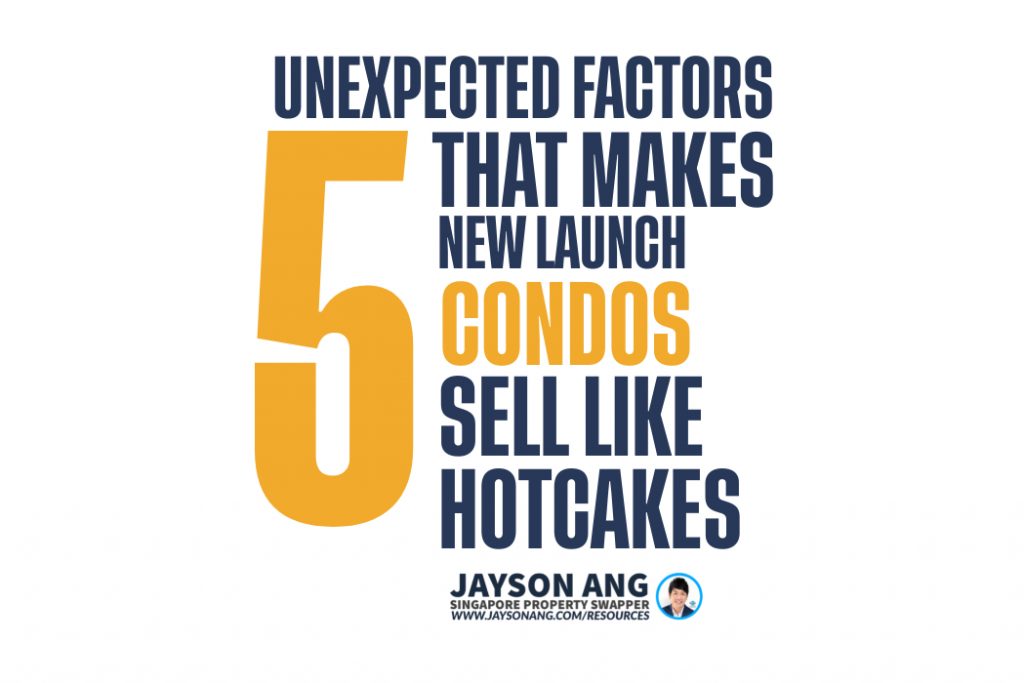TLDR
The Singaporean real estate market has remained stable due to government cooling measures. These include Additional Buyer’s Stamp Duty (ABSD) and Seller’s Stamp Duty (SSD) to regulate demand and curb speculation. Measures like Total Debt Servicing Ratio (TDSR) and Loan-to-Value (LTV) ratios protect buyers from overstretching financially. Public housing through HDB and CPF schemes ensures high home ownership rates and steady prices. These steps maintain market stability, safeguard the economy, and offer opportunities for strategic property investments tailored to individual needs.
Singapore’s real estate market is known for its consistent stability and comparatively lower fluctuations compared to other major cities like Hong Kong, New York, Sydney, and London.
Cooling measures have been instrumental in Singapore’s efforts to prevent volatile boom and bust cycles in its property market. These measures have also been observed in other markets.
The implementation of cooling measures has had a major influence on stabilizing Singapore’s property market. It all began in 2009, when the first cooling measure was implemented, laying the groundwork for further measures and policies that would be adopted in the decade ahead. Examining the pre and post-cooling measure fluctuations of the Singaporean property market, it is clear the measures had an immense effect. For example, the highest price point reached in 2013 was a whopping 71.6% greater than the 2008 bottom of $750 per square foot – that’s a larger gap than the 14.7% between the 2014 and 2019 highs.
The history of cooling measures in Singapore
BSD and ABSD moderates price growth
Singapore’s residential property market has been subject to government measures meant to cool the market, including raising the ABSD rate for foreign buyers to a remarkable 60%. Singaporeans and Permanent Residents (PRs) buying their first home are exempt from paying the ABSD, however, Singaporeans and PRs buying their second or subsequent properties are required to pay a 5% ABSD. This tax, along with the BSD, serves to add to the total cost of purchasing a residential property and help to regulate demand.
The advent of SSDs has put the brakes on speculation.
In 2010, the Seller’s Stamp Duty (SSD) was introduced to curb rampant speculation-driven buying and selling of condos. In 2007, the sub-sale volume reached an all-time peak of 4,854 units; however, it dropped to 3,317 units by 2010 and has consistently remained below 3,000 units ever since. In 2022, only 695 condo units were sold through sub-sales. Evidently, the government is taking firm action against speculation as these transactions tend to cause artificial price hikes which can lead to unsustainable price bubbles.
The TDSR and LTV ratio promote smart financial management
The government has implemented a range of measures, such as adjusting TDSR and LTV, in order to protect homebuyers from taking on too much debt. The latest move came in September 2022 when the medium-term interest rate used to calculate TDSR for loan eligibility from financial institutions was raised from 3.5% to 4%. Prior to this, in December 2021, TDSR was reduced from 60% to 55%, both measures providing a ceiling on housing budgets and helping to prevent buyers from becoming overstretched.
“HDB and CPF: Bringing Home Ownership Within Reach for Singaporeans”
Singapore’s home ownership rate of 89.3% is one of the highest in the world, largely due to the success of our public housing program. Thanks to the Central Provident Fund (CPF) being utilised for down payments and mortgage payments, home ownership in Singapore is much more affordable than in cities like Sydney and Hong Kong (62.1% and 51.2% respectively). HDB and the use of CPF have helped to cushion the volatility in the private property market, as 74% of Singaporeans now live in and own their own HDB flat. HDB also maintains control over the supply of new flats and prices of BTO flats, while the government has implemented various cooling measures and regulations related to HDB eligibility.
The cost of HDB flats remains consistent over time
The implementation of cooling measures and HDB’s tight control over the availability and prices of BTO flats have resulted in steady resale prices of HDB flats over the past two decades. After peaking at $469 psf in 2013, the resale prices declined to $441 psf in 2014 and stayed steady until 2021 when there was a 13.2% year-on-year increase in the average price, reaching the milestone of $500 psf and now standing at $557 psf – all due to delayed construction and scarce supply of new flats.
How can less volatility be beneficial?
The housing sector in Singapore is undeniably important to the country’s economy, as evidenced by the high home ownership rate. With housing often serving as a store of wealth for individuals, extreme fluctuations in prices can have catastrophic effects – the 2007 US subprime financial crisis being a prime example. This is why Singapore takes extra care to ensure a balanced housing market, thus protecting the economy from any further potential harm and contributing to sustained growth. It is evident that Singapore values the housing sector and all of its related industries, and takes the necessary steps to ensure a stable and secure economy.
Should You Buy, Sell or Wait?
If you’re reading this, you must be trying to figure out the best course of action right now: is it the right time to buy or sell?
It’s difficult to give an exact answer since everyone’s situation is unique and what works for one person may not necessarily work for you.
I can bring you a wealth of on-the-ground experience and a data-driven approach to provide clarity and direction. From beginners to experienced investors, our top-down, objective approach will help you on your real estate journey.
I can help you by:
- Offering Strategic Real Estate Advice – I can help create a comprehensive plan to guide you through your property journey.
- Connecting Your Home with the Perfect Buyers – Through stunning visuals, an effective communication strategy, and an in-depth knowledge of the market, we’ll ensure your home is presented in the best possible way to fulfill your goals.
You May Also Like …

